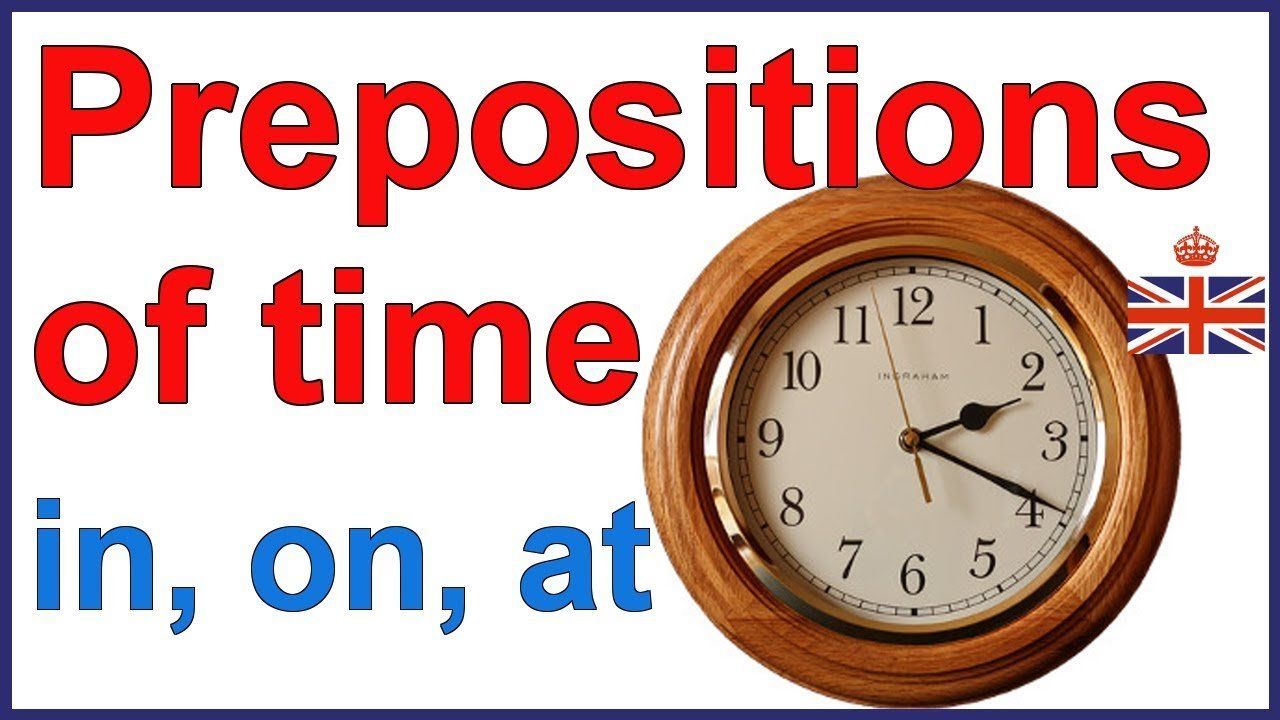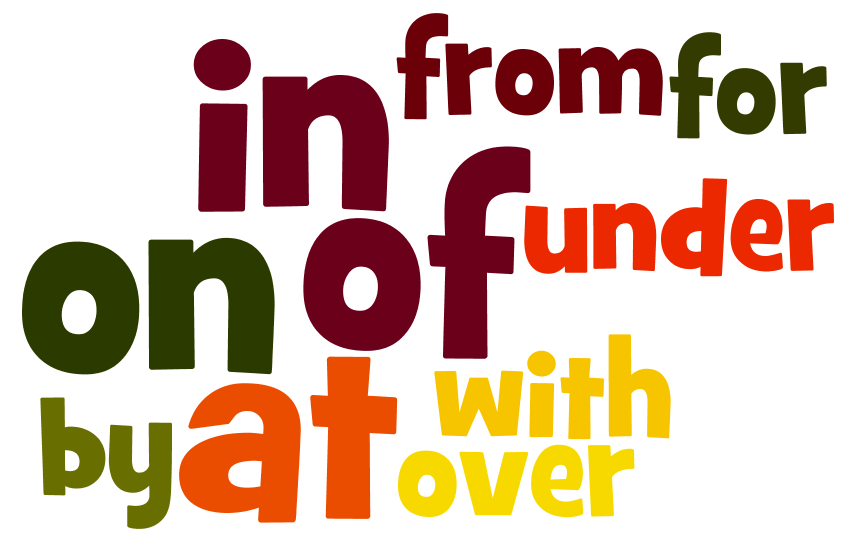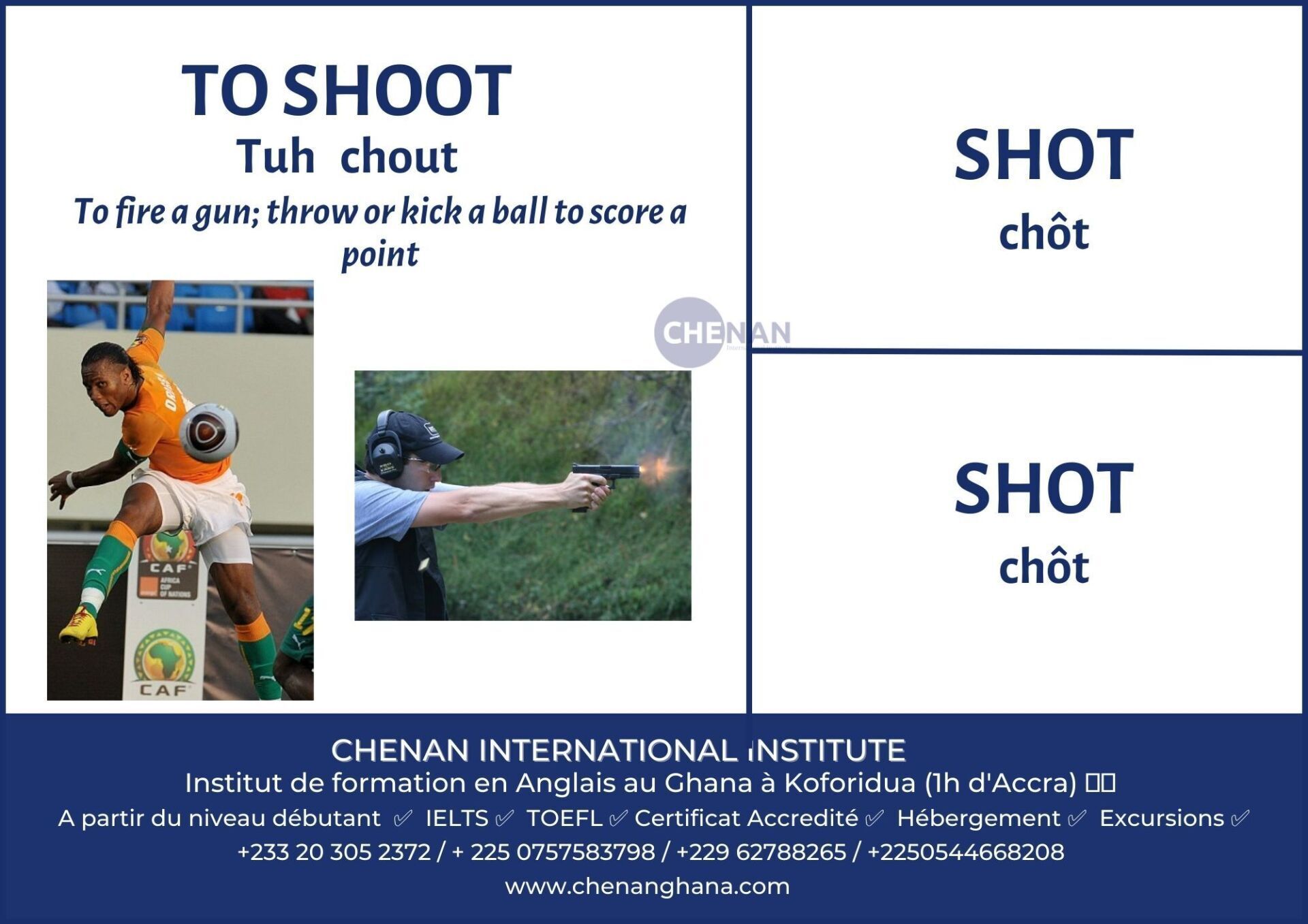Vocabulaire Pour La Noel Et Le Nouvel An
Festivités en Anglais : 15 Expressions pour Noël et le Nouvel An - Présentées par Chenan Africa

Festivités en Anglais : 15 Expressions pour Noël et le Nouvel An - Présentées par Chenan Africa
La période des fêtes de fin d'année est riche en vocabulaire festif. Chez Chenan Africa, nous croyons que s'immerger dans la langue à travers ses traditions est une façon joyeuse d'apprendre. Aujourd'hui, nous explorons 15 expressions anglaises emblématiques de Noël et du Nouvel An, chacune accompagnée de son équivalent français.
1. Christmas Eve / Réveillon de Noël
La soirée avant Noël, moment de célébration familiale.
Exemple : Children await Santa Claus on Christmas Eve.
Les enfants attendent le Père Noël lors du réveillon de Noël.
2. Santa Claus / Père Noël
Le personnage légendaire qui apporte des cadeaux aux enfants.
Exemple : Santa Claus is known for his red suit and white beard.
Le Père Noël est connu pour son costume rouge et sa barbe blanche.
3. Christmas Tree/ Sapin de Noël
Un arbre décoré, symbole central de Noël.
Exemple : We decorated the Christmas tree with lights and ornaments.
Nous avons décoré le sapin de Noël avec des lumières et des ornements.
4. Merry Christmas / Joyeux Noël
Un souhait traditionnel de bonheur pour Noël.
Exemple : Merry Christmas to all our students at Chenan Africa!
Joyeux Noël à tous nos étudiants de Chenan Africa!
NB: La reponse a Merry Christmas est: Many Happy Returns. Ou Vous pouvez simplement dire Merry Christmas to you ....
5. Gift Exchange / Échange de Cadeaux
La tradition d'offrir et de recevoir des cadeaux.
Exemple : Our family enjoys a gift exchange on Christmas morning.
Notre famille effectue l'échange de cadeaux le matin de Noël.
6. New Year's Eve / Saint-Sylvestre (31 Decembre)
La dernière soirée de l'année, précédant le Nouvel An.
Exemple : We celebrate New Year's Eve with a big party.
Nous célébrons la Saint-Sylvestre avec une grande fête.
7. Happy New Year" / "Bonne Année
Les vœux échangés à minuit pour marquer le début de la nouvelle année.
Exemple : Happy New Year! May it be filled with learning and growth at Chenan Africa.
Bonne Année ! Qu'elle soit remplie d'apprentissage et de développement chez Chenan Africa.
8. (Champagne) Toast" / "Toast (au Champagne)
Lever de verre traditionnel pour célébrer le Nouvel An.
Exemple : At midnight, we raised our glasses for a champagne toast.
À minuit, nous avons levé nos verres pour un toast au champagne.
9. Fireworks Display / Feu d'Artifice
Un spectacle pyrotechnique pour accueillir le Nouvel An.
Exemple : The fireworks display at New Year's was spectacular.
Le feu d'artifice du Nouvel An était spectaculaire.
10. Resolution / Résolution
Une promesse personnelle pour l'année à venir.
Exemple : My resolution is to master English with Chenan Africa.
Ma résolution est de maîtriser l'anglais avec Chenan Africa.
Chez Chenan Africa, nous vous accompagnons dans votre parcours d'apprentissage de l'anglais, vous aidant à découvrir non seulement une langue, mais aussi les cultures qui l'animent.




